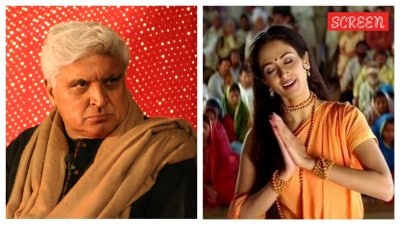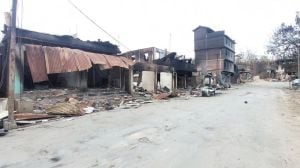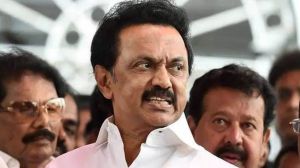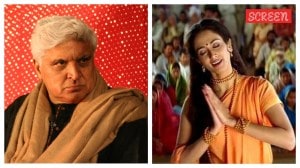Elusive truce
Afghanistan continues to slip away from chances of stability
For the last 15 years,Afghanistans history has been an ebb and flow of the Talibans power. The assassination of former Afghan president Burhanuddin Rabbani on Tuesday is,very worryingly,only an instance of how Afghanistan is slipping away from chances of reconciliation and stability as NATO forces,led by the United States,gradually transfer areas to direct Afghan control and draw down,with a 2014 deadline for a near-full withdrawal. A series of attacks in Kabul by the Taliban in the three months that the capital has been under the control of the Hamid Karzai government,such as last weeks 20-hour battle near the US embassy or the attack on the British Council last month,has demonstrated only too frequently and too frightfully the insurgents ability to penetrate deep into the diplomatic zone as well as the strike-rate of their new guerrilla tactics.
Although in Rabbanis case,the assassin,in the guise of a Taliban messenger,was naturally inside the victims house,the assassination flags once more the Afghan security forces exploding problem of infiltrators,collaborators and inability to ensure anything close to foolproof checks. Rabbani was head of the High Peace Council appointed by President Karzai to talk to the Taliban and work out the rudiments of a workable peace. His death adds to the string of recent high-profile assassinations which claimed Karzais half-brother Ahmed Wali Karzai and Jan Mohammed Khan in the same week in July,and General Daud Daud two months earlier. These targeted murders are robbing the Karzai government of key deal-makers,destroying public confidence in the chances of peace and gravely harming the efforts at stabilising Afghanistan.
While both the US and Afghan officials have pinned the recent attacks not on the mainstream Taliban but the North Waziristan-based Haqqani network,US forces must now demonstrate their will and willingness to stay back in Afghanistan if necessary. India too,in its economic and industrial interests in Afghanistan,should diplomatically engage with all concerned since those economic activities are premised on security. The status quo has already withered,and Karzais problem is not merely choosing Rabbanis successor.
- 01
- 02
- 03
- 04
- 05































